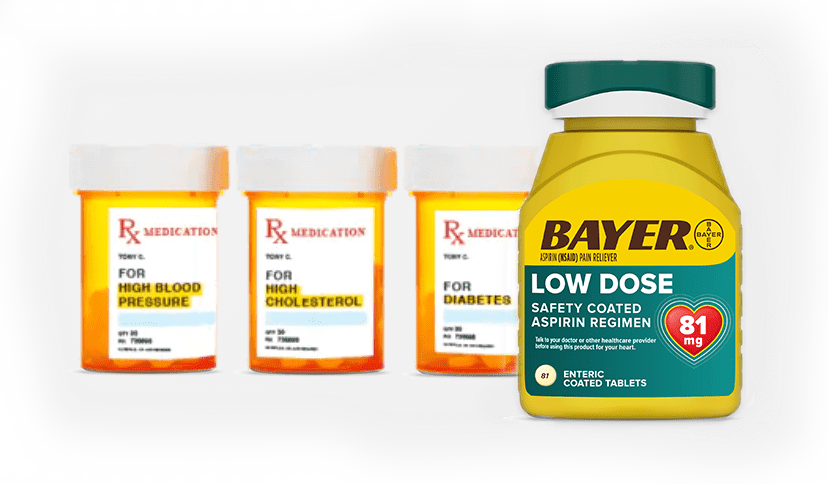LEARN TO RECOGNIZE STROKE SYMPTOMS
Learning and remembering the warning signs of a stroke could mean the difference between faster recovery versus disability or another stroke death versus helping to save a life.
THINK F.A.S.T.
You might save a life during a suspected stroke
If you’re wondering if someone’s having a stroke, ask him or her to smile. Many times, one of the first warning signs of a stroke is numbness on one side of the face, making it difficult to smile.
Some stroke survivors report that one arm became suddenly weak at the onset of their stroke.
Someone having a stroke might be speaking with slurred words, unusually slow speech, or even gibberish.
If you or someone else is experiencing even one of these stroke symptoms – Face drooping, Arm weakness, or Speech difficulty – find the nearest phone, dial 9-1-1 and let them know “I think someone’s having a stroke.”
BEYOND F.A.S.T.
Learn and remember these other symptoms of stroke
Stroke survivors have talked about being in a dream-like state or feeling as though they are not inside their bodies. Because a stroke is the result of your brain not getting the blood it needs, an inability to have rational thought can be a stroke warning sign.
From tingling to outright numbness, especially if it’s on one side of the body, the problem may be a stroke, in which the brain isn’t getting the normal communication between itself and your limbs.
If you or someone else experiences sudden blurred, distorted vision – or outright blindness – it may be a stroke symptom, especially if the problem is only in one eye.
Loss of balance or a feeling of dizziness may also be a stroke warning sign. Some stroke survivors have even reported falling down for no apparent reason.
A headache that doesn’t seem to have a cause, especially if it’s sudden, may be your cue to call 9-1-1 and let them know “I think someone’s having a stroke.”
HOW MANY SYMPTOMS SHOULD CAUSE CONCERN?
Some stroke victims experience a single symptom, so It should only take one stroke warning sign for your concern to arise. Each stroke is different, but if you suspect you’re having a stroke – or you think someone else might be – don’t wait for things get worse. “Time is brain,” is a common saying among health care professionals, meaning the sooner you get help, the better the chance of surviving a stroke or avoiding permanent disability. So take action at the first sign(s):
- Dial 9-1-1
- Tell the emergency dispatcher that you “think someone’s having a stroke.”
- Note the time stroke warning sign(s) began
Dispatchers are trained to act in specific ways when they hear these words, and letting them know the time you or the person you suspect is having the stroke noticed the signs helps first responders make informed, lifesaving steps when they arrive.

MANAGING RISK:
WHY PRESCRIPTION MEDICATIONS MAY NOT BE ENOUGH
If you take prescription medications for high blood pressure, high cholesterol, and diabetes, they may not be enough to protect your heart. Talk to your doctor about whether these medications are enough for you and whether adding an aspirin regimen can help further reduce the risk of another heart attack or clot-related (ischemic) stroke.
Aspirin is not appropriate for everyone, so be sure to talk to your doctor before you begin an aspirin regimen.
Aspirin regimen products for recurrent stroke prevention
Aspirin is not appropriate for everyone, so be sure to talk to your doctor before you begin an aspirin regimen.















